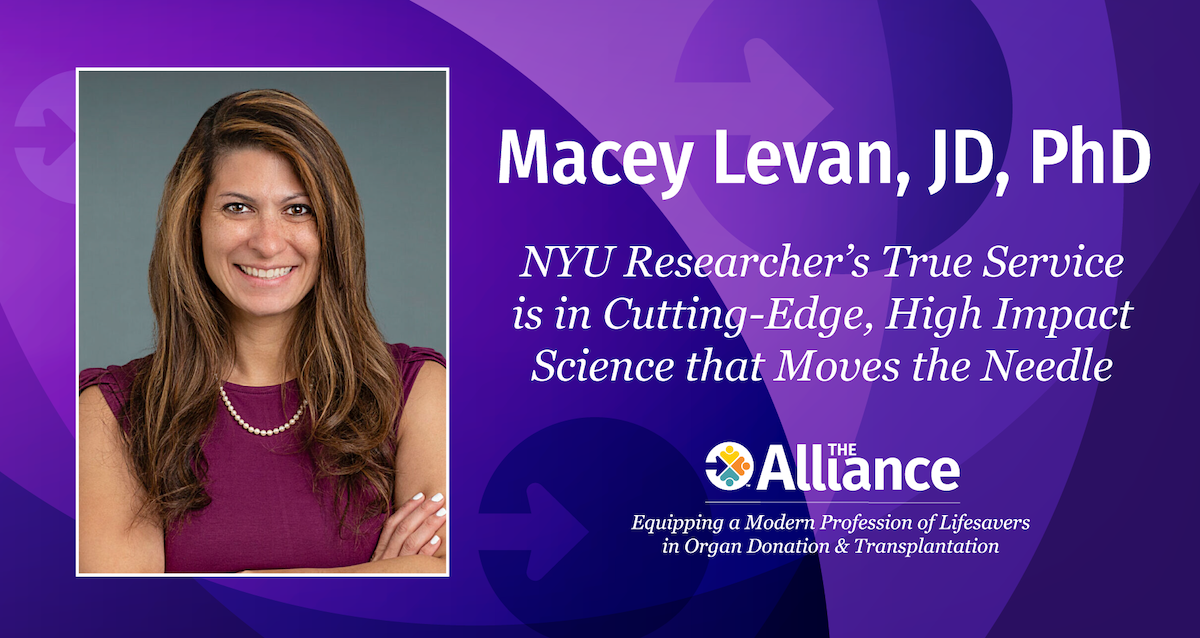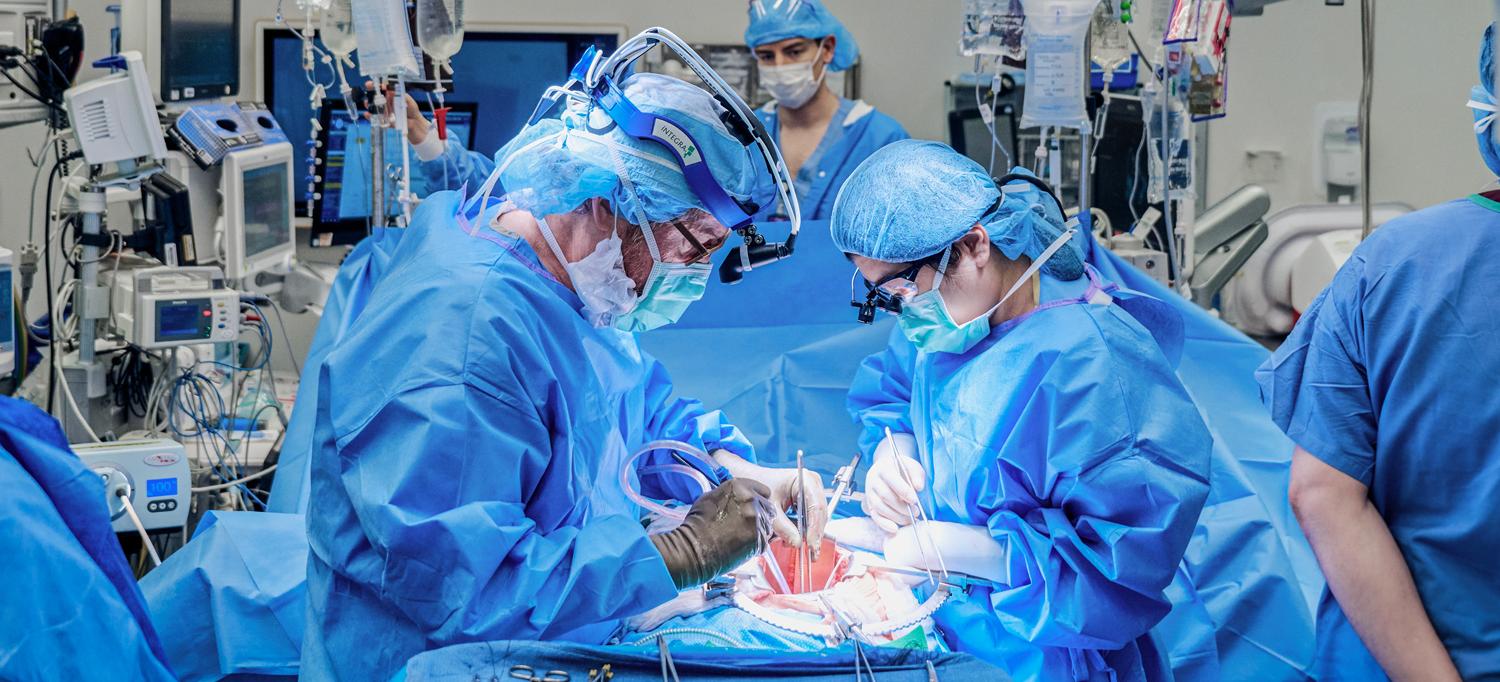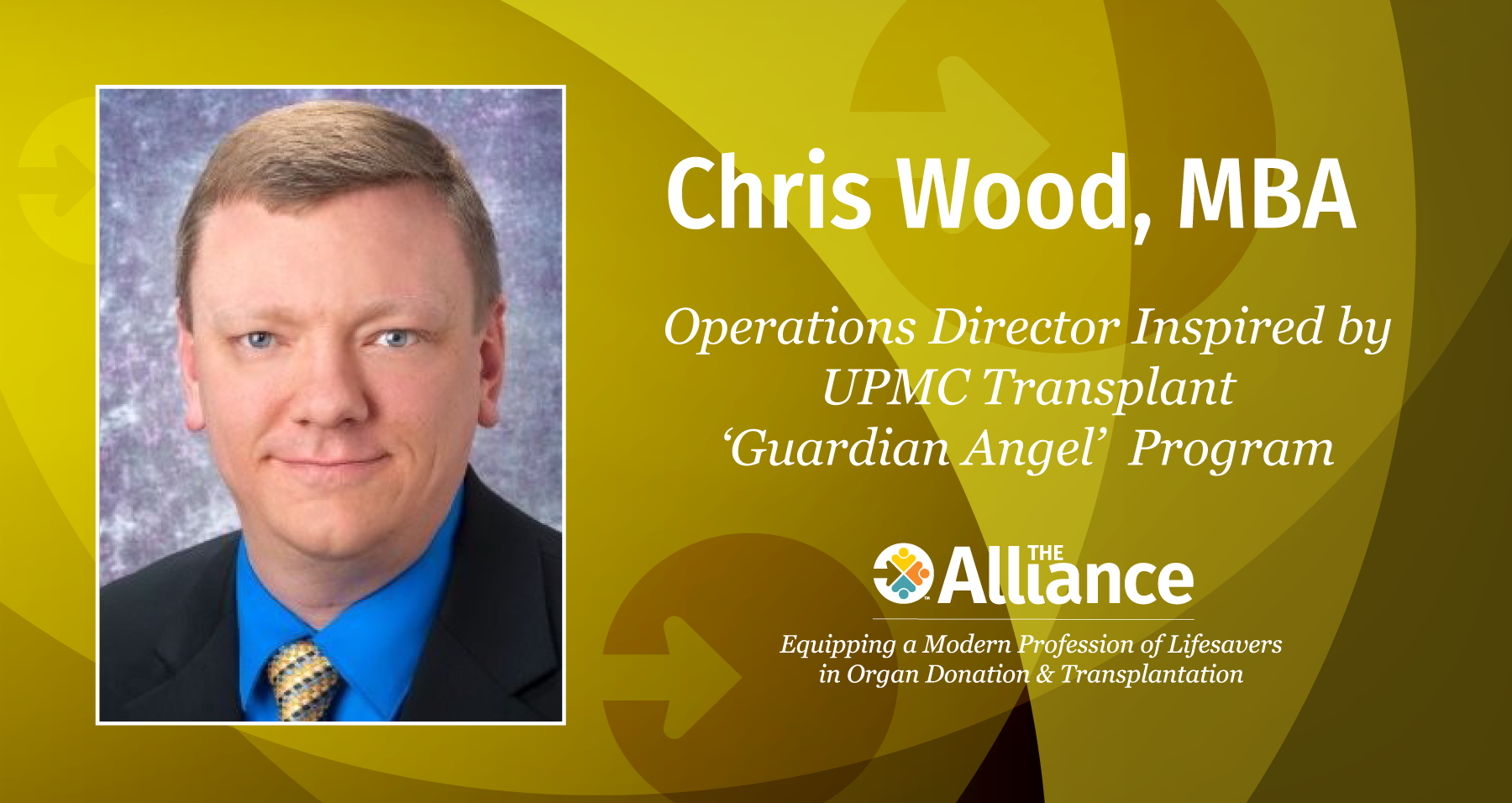Our presenters have recapped their discussion for you here:
Tips:
- Remember the importance of focusing on what you can control: YOURSELF (see C.A.L.M. acronym below for details on how to do that). Focusing on your own locust/sphere of control helps to keep you physiologically and emotionally healthy.
- There are no emotional events. Your thoughts about an event dictate your emotions.
- It is your choice whether you allow fear and anxiety to control you or if you want to choose to focus on more helpful and productive thoughts.** Nobody can do that for you. Identify what you are grateful for, find the unexpected blessings, and surround yourself and absorb positive, helpful, educational, and uplifting information. (Please note, for people with actual mental health disorders, this might not be as simple to do. Please consider seeking out professional therapy if that is your situation.)
- Keep C.A.L.M.
- C (Cog Distortions/Catastrophic thinking – STOP!)
- aka Automatic Negative Thoughts (ANTs)
- Catastrophizing: seeing only the worst possible outcomes of a situation
- Filtering/Disqualifying the positive: seeing only the negative aspects of a situation while ignoring the positive.
- All-or-Nothing Thinking: thinking in absolutes “always”, “never”, “forever”, “every”, “nobody”
- Emotional Reasoning: I feel angry – someone must have wronged me. I feel scared, there must be reason to be afraid. But feelings can lie – hormones, brain chemistry, etc affect feelings
- Shoulds – Albert Ellis: Stop “musterbating”and “shoulding on yourself”
- Mindreading – assume you know why someone is doing something. Like If someone is giving you reminders and making suggestions, doesn’t mean they are criticizing you. Instead of becoming defensive, stop and thank them for helping to look out for you
- Solution = STOP! Refocus!
- A x 3 (Affirm, Adapt, Ascend)
-
- Affirm your skills & past successes
- Adapt to the new surroundings – what do you need to do to adapt?
- Ascend above the chaos
-
- L (Lean into Learning & Love)
- What can you learn during this time?
- learning more about using online technology
- read more
- learn more about home repairs and renovations
- attend free seminars
- do puzzles
- Coloring by number – phone app: HAPPY COLOR
- Take burnout survey, e.g. one on – postinternationalinc.com
- Develop a musical playlist
- Find your “walk up song” to listen to daily
- “Tidying up” on Netflix and learn the Kondo method and clean out that junk drawer?
- Who or what can you be more loving towards?
- 80% of time focusing on coping and solutions and no more than 20% of time venting about problems.
- Form Hang-out groups for game playing online… Charities?
- Volunteer opportunities from physical distance space?
- Maybe explore learning how to make homeopathic elixirs and aromatherapy and given them to those she loves
- Consider grocery shopping for elderly neighbors
- M (Mastering Mindfulness) – Stay present
- Breathe – Straw Breath – Box Breath – Diaphragmatic Breath
- Alert-orienting activities:
- Pinch self
- Bite tongue
- Curl toes inside shoes
- Slap thighs
- Point toes toward head
- Say INSIDE “I’m HERE!”
- What can you learn during this time?
- C (Cog Distortions/Catastrophic thinking – STOP!)
You can always choose your attitude.
– Victor Frankel (Referring to how he and others survived an internment camp during the Holocaust.)
There are two basic motivating forces: fear and love. When we are afraid, we pull back from life. When we are in love, we open to all that life has to offer with passion, excitement, and acceptance. We need to learn to love ourselves first, in all our glory and our imperfections.
– John Lennon
When the crowded Vietnamese refugee boats met with storms or pirates, if everyone panicked all would be lost. But if even one person on the boat remained calm and centered, it was enough. It showed the way for everyone to survive.
-Zen Master Thich Nhat Hanh
Suggested activities:
- Learn how to keep yourself safe by correctly donning and dophing your PPEs. Most crucial time is the dophing!
- Refer to these videos
- Download instructions
Physicians:
- Train other staff on how to be safe with the PPEs
- Create a COVID team – voluntary participation, regular drills – teach others
- Use the buddy system to help remind each other and keep each other safe
- Have each other’s backs, work as a team, with nursing and other healthcare team members as well, help to keep each other safe
- Message is “protect yourself first” then enter the patient’s room. Never compromise on that.
- Help to be of support to the nursing team and other healthcare team members by being a voice with administration for them
Leaders:
- It’s important right now to recognize that humans need to be assured of the sense of certainty and safety, this also applies to your staff. The beauty is, humans are also motivated by variety and despite all of its stressors, COVID-19 is providing variety. So, think about different ideas that might help the staff feel more protected and safe. Get the staff involved in ideas.
- Let your staff contribute to their work environments. They may come up with ideas that you would never have thoughts of and can help to boost morale.
- Lead by example by being a team-player and helping your staff.
- Focus on positive messaging while still providing clear guidance on where the challenges are and what the expectations are. Seek your staff’s ideas on the challenges you are battling as a leader (where appropriate). You might be surprised what they will come up with.
For Everyone:
- Go on an information diet – media, social media, etc. Hide/unfollow/mute friends and notifications on FB if you are finding them too negative.
- Find ways of adding humor to your work environment where appropriate, help each other laugh – dance videos are great!
- Create an idea board and way to give each other kudos for things you are doing to be creative during time.
- Consider other creative ways for your patients – place earphones on them and play messages from the families, let the families talk over the phone to their loved one and if they are unconscious, hold the phone to their ears, play their favorite music or TV shows for them.
- Send your transplant patients little notes to let them know you are thinking of them.
- Host video conference calls with them to provide some verbal/visual support.
Submissions from hospitals, OPOs, Transplant programs:
(We want to continue to hear your great ideas and activities. If you have something to add to the list below, please comment below or email us at [email protected].)
- Schwartz Rounds focusing on coping
- My incredible co-workers who continue to check in daily and support one another anyway we can.
- I believe the community coming together and providing us with care packages helps us realize that we are appreciated.
- Daily conference calls and video skype calls.
- My manager has been very flexible and accommodating.
- Virtual meetings, virtual games.
- Rest!
- Frequently Zoom updates.
- Yes, constant communication as well as open door/phone with leadership.
- Academic and research activities.
- Keeping in touch, daily, weekly check-ins.
- Keeping in touch and business as usual with ZOOM.
- Thanks you notes and videos to front line staff. Zoom team meetings.
- Transparent information about crisis plan.
- Infusion of positive news or stories at the start of meetings.
- Notes from administration on random cars saying thank you.
- Teams meetings often.
- Sending hospitals care packages with Donate Life swag to remind them we are still here and how important they are.
- Weekly non work related zoom meetings to check in as a team.
- Celebrating successful cases.
- Weekly townhalls (virtual).
- I work for a Hospital OPO and they has daily updates for staff and leader.
- Staff recognition’s.
- Bringing team together more often online. Business meeting on Monday and casual chat on Friday.
- Many teams and ours are fully supporting themselves, helping each other make it through their shifts.
- Virtual transplant support group, helps us as professionals too.
- My department is very supportive and hospital management is doing their best to make sure staff is protected and safe. We have adequate PPE. Our hospital has also provided a help info line, EAP, free uber rides, daily emails and conference calls, staff flexibility in using PTO, partners/coaches for donning and removing PPE, occasional sweet treats
- I sent staff updates every other morning and staff meetings every 2 weeks to stay connected and we share positive stories and happy news.
- Community has rallied behind our hospital as we are the COVID 19 designated facility for our organization that owns several hospitals in the area. They have been supplying meals, supportive and encouraging artwork for patient rooms with CODIV that are alone, and for staff caring for these patients. Community groups are also supplying water and snacks to those units in the front lines.
- Individually wrapped snacks and beverages provided to the team.
- decompression room in our clinic for quiet time/meditation.
- Weekly town hall virtual meetings from top leadership.
- Pandemic pay–70% of pay for time missed due to low census.
- Complete integrated support among all entities of the hospital system.
- Requesting staff take learning modules on how to cope with stress.
- We have our resiliency program that has adapted and we do it all through zoom. Zoom workouts and happy hours as well.
- Being around co-workers.
- Informally we have all tried to find ways to make each other laugh.
- Lots of positivity from the community – posters, signs, meal trains, etc…
- Meditation and Decompression spaces.
- Simple things, someone placed little signs saying thank you, you are appreciated, etc. throughout our work areas and they are nice little reminders that make you smile.
- Maintaining our weekly work schedule – specifically Case Review. We meet on Zoom and are able to see each other and interact together at least once a week. Having our Medical Director in these meetings to provide support and sound advice to everyone has also been a great benefit.
- Leadership is being very supportive.
- Members of my team (quality) are sending each other funny pictures of our Employees of the Week (from our homes). Usually it’s a cat. This really cracks us up!
- Staff morally support one on one. More faith leaders within organization.
- Our boss has weekly webex meetings with the team that helps us stay informed and see each other via video.
- Since I am working from home I do 2 hours of yoga via zoom daily.
- Assuring pay/benefits; making sure we have access to PPE; allowing us to work from home whenever possible.
- Food deliveries, daily communication from leadership.
- People are working to support each other in new ways.
- Working remotely is nice!
- The remote working environment is forcing us to stay more connected.
- I’m working from home; it is great to hear my colleagues be so gracious when I call for info.
- Open group discussion in meeting but also one on one discussions.
- Weekly check in via videoconferencing – not about work and various modes of communicating with staff thru town hall meetings, intranet, emails and text blasts for urgent messaging.
- Childcare, providing lunch, working from home part-time.
- My team had a pizza party for us.
- Our facility is doing a large variety of things to support everyone, if people have support to take the time (example/ the hard working leaders)
- I have noticed the nurses especially are closer together.
- Employee Assistance Program hosted a 2 hour forum for staff to remotely connect to discuss their current situation. Questions were asked. What has been difficult for you? How are you managing your fears, difficulties, work life balance, etc? Have you come across any challenges? Do you feel supported? It gave everyone an opportunity to connect, share an validate each other and their own feelings.
- Have empathy towards my team.
- Signs of encouragement throughout the facility, community donations of meals, etc.
- Weekly bright spot mailings from Marketing director, an end of the week email from the executive director, and ‘open mic’ dedicated time for people to share their feelings and fears out loud.
- Community events via electronic resources.
- Our group is doing a daily check in with 5 questions including: 1- current anxiety level 2- how is social distancing impacting you? 3- what did you do today that made you feel normal? 4- what did/will you do today to take care of yourself? 5- what was the best thing that happened yesterday? Not only answering these, but reading about how others are feeling/coping and connecting has been very beneficial.
- Video teleconferencing check ins from leadership.
- We have weekly town hall meetings. Transparency about numbers and projections. And, lastly, sharing successes.
- Virtual yoga and meditation.
- LiveOnNYCares – affinity groups, social hours, virtual recess, yoga & meditation for staff and their families.
- The emergency services and local NBA team did a drive by parade for our hospital.
- We have been getting daily updates from Infection Protection and 3x weekly uplifting videos from CEO.
- LiveOnNY Cares a group of staff members have set up virtual recesses for employees children, virtual yoga and meditation provided by staff members, Virtual Happy Hours, and many more activities.
- Team communication and support. Effective, compassionate leadership.
- Daily huddle calls and partial work from home schedules.
- We are having Virtual Happy Hours on Fridays/Free Yoga, Meditation, Childrens Virtual Hour, Individual coaching.
- Having team “happy hours” to talk and hang out as though we are used to doing in person.
- Daily huddles/Spirit week/Giving back to the community.
- Our liver transplant program takes a clear stand and prioritises patient and staff protection; implementing smooth routines by at the same time being warm and showing humour, and being one step ahead of the hospital.
- Our team has bonded stronger than ever.
- We instituted a virtual afternoon conversation; a non-work related time to “catch-up” with colleagues. This has been very helpful and beneficial to our global team.
- Random acts of kindness.
- Trying to shift staff to other areas of the hospital where they can be utilized.
- Weekly meetings with executive leadership has been very helpful.
- Employees willingness to work across departments.
- We have weekly town hall meetings where all staff are invited to participate. We are rounding weekly with staff and trying to connect via phone and Teams.
- Respit room with snacks, massage chair, area away from the ICU; open forums with staff/directors.
- Using Yammer to stay in touch and using Zoom for meetings to visually see the team.
- Good team efforts.
- One hospital in my service area is playing Rocky theme song overhead any time a COVID patient is discharged; it energizes staff each time they hear it.
- Our organization is sending weekly emails with links for continued health options that are free for staff to use.
- Weekly check in meetings via skype.
- We had a “distance parade” for a co-worker recently diagnosed with cancer. It was good to get everyone together for a good cause!
- Weekly “office hours” are helpful to have a time to connect as a staff and feel like we are getting up to date information.
- Maintaining social distancing among staff with teams rotating working from home. Daily virtual office hours and multidisciplinary rounds to stay up to date and connected to each other and our patients.
- “Tea for the Soul” opportunities. Specified rooms with self-care activities/space.
- Skype/Zoom meetings with my colleagues.
- Zoom meeting Town Hall; 2x weekly department Skype calls.
- Grati-Tuesday: Share what we are grateful for each Tuesday through this pandemic.
- Weekly all staff town hall meetings with CEO. Daily email update. Social channel in Microsoft Teams.
- Self care rooms for sleep, yoga, rest.
- speaking to collegues for support.












